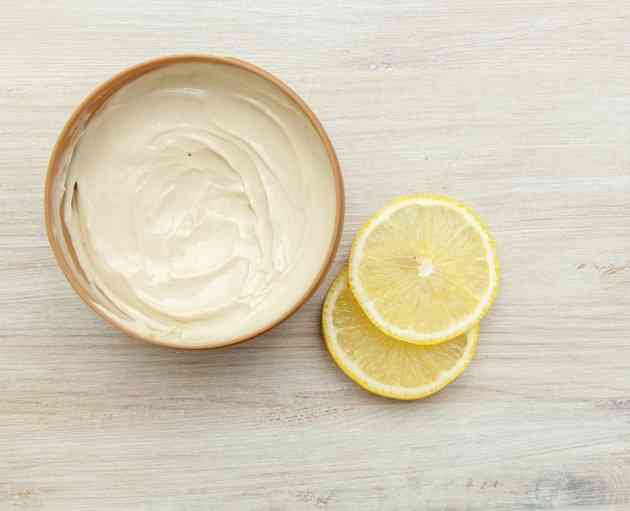Home Remedies for Morton's Neuroma

Morton's neuroma is an abnormal thickening of the nerve tissue between the third and fourth toes. According to Medline Plus, the cause of Morton's neuroma is unknown. However, researchers believe that flat feet, bunions, hammer toes, tight shoes and high arches contribute to this condition. A patient with a known Morton's neuroma is likely to experience tingling, toe cramping, sharp and shooting foot pains and pain that gets worse over time. Therefore, a patient should follow the recommendations of his physician, in addition to, following home remedies that can help treat symptoms.
 A pharmacist is handing a woman a blister packet of pills. (Image: iStock_Oles/iStock/Getty Images)
A pharmacist is handing a woman a blister packet of pills. (Image: iStock_Oles/iStock/Getty Images)OTC Medications
MayoClinic.com states that certain medications may help treat the symptoms of Morton's neuroma. Specifically, a patient should take nonsteroidal anti-inflammatory drugs (NSAIDs) as recommended to reduce swelling, inflammation and pain associated with this condition. A patient with kidney, liver, stomach or heart problems should consult his physician before taking an NSAID. Furthermore, healthy patients should immediately discontinue taking these medications if he experiences stomach pain, bloody vomit, bloody stools, clay-colored stools, dark urine or heart problems.
Ice Massage
A patient with pain associated with Morton's neuroma can use ice as an effective home remedy. Specifically, a patient should use ice massage to help relieve pain. To do this, a patient should put cold water in a paper cup and freeze multiple cups of water overnight. The next day, a patient can tear off the upper portions of the cup and massage the bottom of the foot along the painful area with the exposed ice. Ice massage is effective because it can numb the effected nerves, which results in improved symptoms.
Different Footwear
Because high heels and tight shoes may increase the risk of developing a Morton's neuroma, a patient should avoid wearing these types of shoes to prevent flare-ups. These shoes cause problems because they compress or add excessive pressure on the nerve between the third and fourth toes. Therefore, avoiding these types of shoes can improve symptoms and prevent further complications. A patient should choose shoes with a broad toe box that has extra depth, according to MayoClinic.com.




